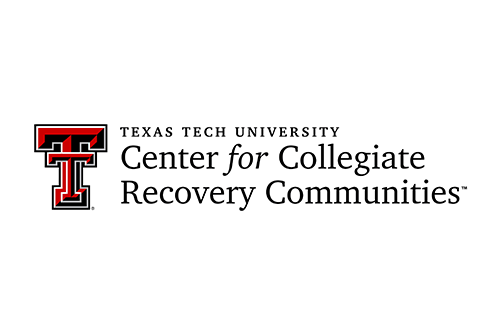Collegiate Recovery Week Article by Declan Murphy
Why are you passionate about Collegiate Recovery week?
Hi, my name is Declan Murphy, and I am a first year PhD student at Texas Tech University, and a member of the collegiate recovery program. I first heard about collegiate recovery programs last year while listening to a recovery podcast at home in Ireland. I was instantly intrigued and inspired by the concept of collegiate recovery, so much so that I applied soon after to Texas Tech to do a PhD. Soon after, I was offered a place in the PhD program and with it, acceptance into the collegiate recovery program. Together with my wife and daughter we moved to Texas from Ireland last august to begin the adventure.
The focus of my research is on the educational experiences and outcomes of students in recovery in higher education. I am especially passionate about Collegiate recovery week, from both a personal and professional perspective. Collegiate recovery week provides an opportunity to highlight recovery students’ participation and success in higher education. It is vitally important to showcase the success of people in recovery in higher education. Research consistently shows that students in recovery tend to thrive in higher education, this is evidenced by above average GPA scores and high graduation numbers. We also know that when people in recovery enter the education system, they develop further aspects of recovery capital. By showcasing the academic success of students in recovery , we are demonstrating to people in recovery that college education is possible. Collegiate recovery week is also an opportunity to amplify the voice and population of students in recovery by advocating for their status as a minority group with specific needs in educational environments. Collegiate recovery week can speak to education leaders and administrators for need to engage, invest, and respond to the academic and social needs of students in recovery by providing adequate and supportive policies and practices.
What are you hoping to bring from your studies at TTU back to Ireland?
There are two areas that I hope to work on when I graduate and go back to Ireland. Firstly, I hope my experience and qualifications at Texas Tech University will serve as evidence that CRPs are both necessary and effective. Currently there are no collegiate recovery programs in any of the universities in Ireland. However, awareness of CRPs is growing and there are signs that universities are going to introduce them. It is a dream of mine to set up a collegiate recovery program at a university in Ireland. Another area of interest is the teaching and learning experiences of people in recovery. As a high school teacher and therapist, I witnessed a significant increase in the numbers of children presenting with addiction issues post pandemic. Students in recovery and students in active addiction exist in university. Therefore, university leaders must respond by training faculty to be more informed of the academic needs of people in recovery in classroom settings. This is a practice that should already be implemented due to the ADA act 504 which provides academic accommodations for students in recovery. More research is needed to better understand and respond to students in recovery in academic settings, this is an area I will continue to work on.
How do our stories matter in collegiate recovery?
By sharing our story, we bring awareness to what is possible in recovery, we demonstrate hope. The illness of addiction is both sustained and synonymous with secrecy, stigma, and darkness. Recovery however is the opposite, it allows people to live a life of courage, authenticity, and visibility. Shame and stigma thrive in darkness, but when we share our story and bring it to light, stigma loses its grip. In my view, society is yet to reach a place of understanding and compassion when considering the illness of addiction. By sharing our story, we contribute to bringing awareness to the causes of addiction. We know that addiction is very often an attempt or response to an underlying pain or trauma. When society better understands the causes of addiction, I believe a more humane and compassionate response to addiction will emerge.
When we share our story, we educate the public and we contribute to the reduction of stigma. For too long addiction has been swept under the carpet and ignored which is a naive and unhelpful approach. Addiction is more prevalent than ever before; we cannot afford to ignore the problem. We cannot allow unhelpful attitudes and stigmatizing stereotypes prevent a more informed, enlightened, and compassionate response to the addiction crisis. Our stories can help inform prevention and treatment strategies.

